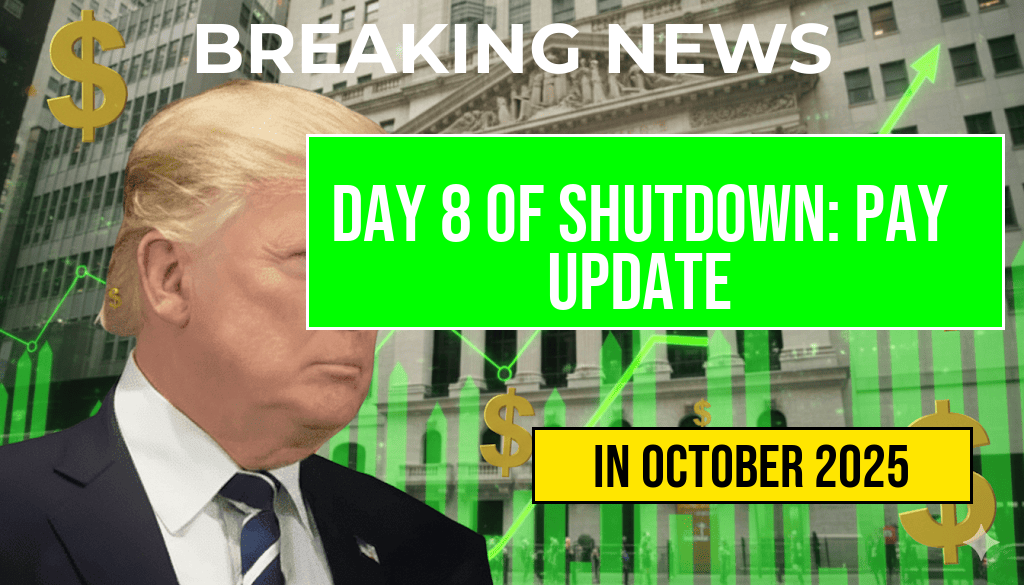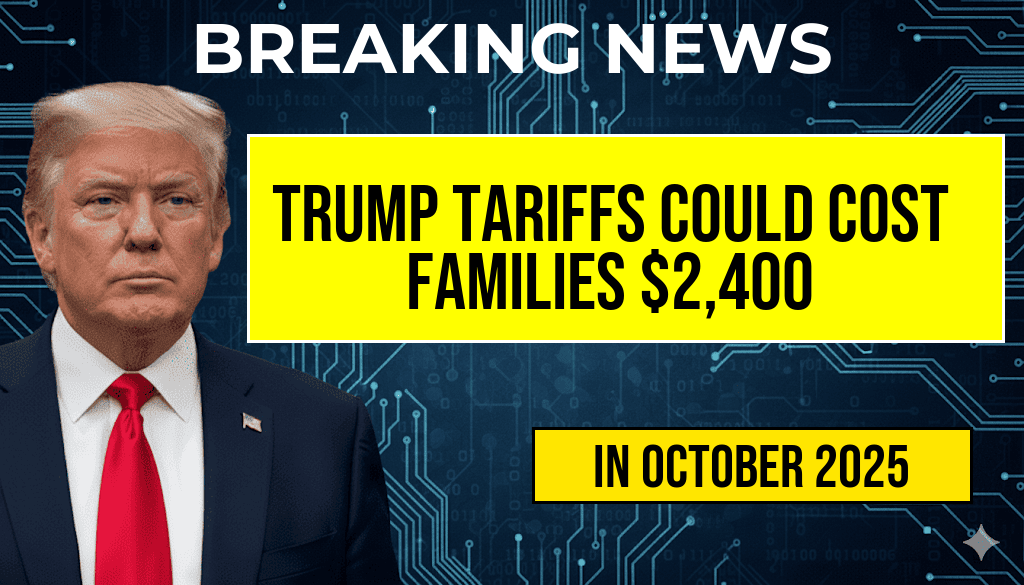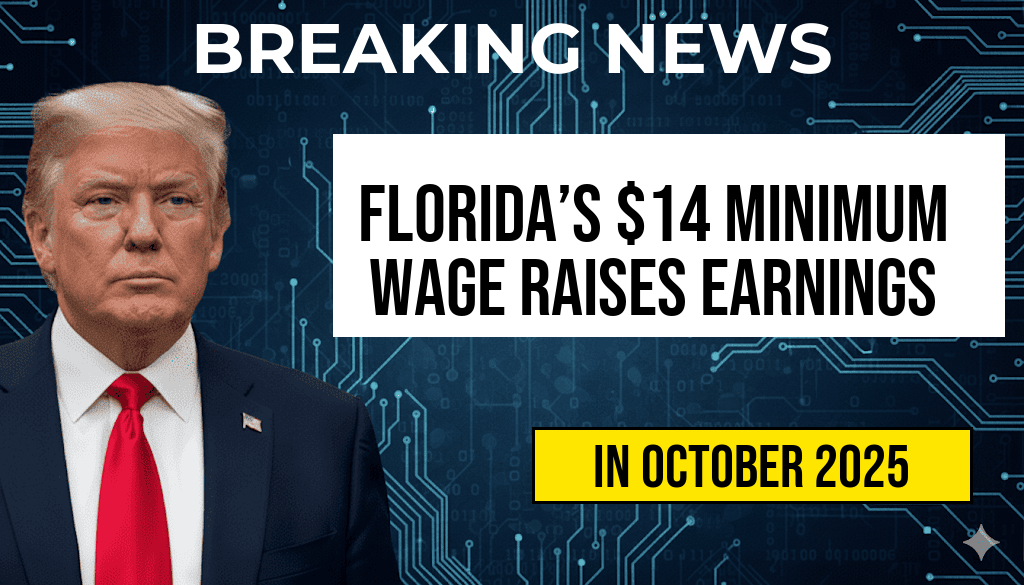As the federal government marks its eighth consecutive day of shutdown, thousands of federal employees face mounting financial uncertainties. With federal agencies largely shuttered and critical operations halted, questions loom regarding whether workers will receive partial pay or full compensation for their service during this period. While lawmakers grapple with debates over funding, many employees are left in limbo, uncertain about their immediate financial stability. The ongoing impasse underscores the complex interplay between government funding, legislative negotiations, and the livelihoods of federal workers, many of whom rely heavily on their paychecks to meet daily expenses.
Impact on Federal Employees and Their Paychecks
Federal employees have been working without pay since the shutdown began, with some scheduled to receive their next paycheck in the coming days. However, whether they will be compensated in full or only partially depends largely on the duration of the shutdown and the policies enacted by Congress and the Office of Management and Budget (OMB). Historically, during previous shutdowns, many federal workers have experienced delays or partial payments, highlighting the financial strain caused by these political standstills.
Legal and Policy Framework Governing Federal Pay During Shutdowns
Federal law generally mandates that government employees are entitled to pay for work performed, but during a shutdown, appropriations are often halted, leading to questions about pay continuity. The federal employment law provides some protections, but it also clarifies that employees classified as “excepted” or “excepted essential” may continue working and thus qualify for pay, while non-essential personnel may be furloughed without pay temporarily.
Key Factors Influencing Pay During the Shutdown
- Type of employee: Essential employees often continue working and are expected to receive pay, although delays can occur.
- Duration of the shutdown: Short-term closures typically result in delayed paychecks, while prolonged shutdowns may lead to partial or delayed payments.
- Legislative actions: Congress can pass legislation to ensure back pay, but this is not always guaranteed or immediate.
Recent Legislation and Executive Orders
During previous shutdowns, Congress has periodically enacted legislation that guarantees back pay once funding resumes. The current shutdown, entering its eighth day, has seen efforts to secure such measures, but no definitive legislation has yet been passed to address immediate compensation concerns. The Government Employee Fair Pay Act and similar proposals aim to provide clarity and assurance to federal workers affected by shutdowns.
What Federal Employees Can Expect
| Employee Category | Expected Pay | Notes |
|---|---|---|
| Essential (excepted) employees | Likely to receive pay, but may face delays | Work continues; pay depends on agency policies |
| Non-essential (furloughed) employees | Typically unpaid during shutdown | Pay may be delayed or provided as back pay |
Financial Support and Resources for Federal Workers
Many federal employees are turning to alternative financial resources to bridge gaps caused by delayed or partial payments. The Federal Employees Civil Relief Act offers some protections, and agencies often provide guidance on managing expenses during shutdowns. Additionally, organizations like the Federal Employee Education & Assistance Fund are working to provide emergency assistance to those in need.
Uncertainty and Political Implications
The prolongation of the shutdown increases pressure on lawmakers to reach a resolution. Critics argue that ongoing political disputes are causing unnecessary hardship for federal workers and their families. Meanwhile, some officials advocate for legislation that guarantees full pay regardless of shutdown status, emphasizing the need for greater protections against financial instability during government impasses.
Looking Ahead: Potential Outcomes and Next Steps
As negotiations continue, federal employees and their families await concrete assurances. A resolution could include legislation that guarantees back pay and minimizes financial disruption. However, until a deal is reached, the fate of payrolls remains uncertain, with many workers facing continued financial strain. For updated information, federal employees are advised to monitor official agency communications and authoritative sources such as the Office of Personnel Management.
Frequently Asked Questions
Will federal employees receive any compensation during the 8th day of the government shutdown?
Yes, federal employees may receive partial pay for the days they have worked, but full compensation is unlikely until the government reopens or funding is restored.
How long can federal employees go without pay before it impacts their financial stability?
The duration of the government shutdown directly affects federal employees‘ financial stability. While some may have savings, extended shutdowns can cause significant financial strain.
Are there any provisions or bills in Congress to ensure federal employees receive their pay during shutdowns?
Currently, legislation to provide retroactive pay for affected federal employees is under consideration, but no guarantees have been made until the shutdown is resolved.
What should federal employees do if they are concerned about missing payments?
Federal employees are advised to contact their agency’s human resources department for guidance, review their financial plans, and explore emergency financial assistance options if needed.
Will federal contractors be affected by the shutdown in terms of pay?
Many federal contractors may experience delays or loss of income since they are often not covered by the same pay protections as federal employees during a shutdown.








